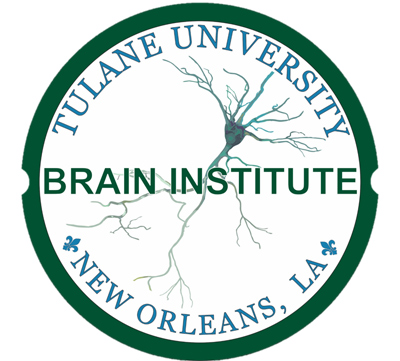Tasker Lab
Limbic circuits control emotional behaviors, and synaptic dysregulation in limbic brain structures causes affective disorders, including depression, PTSD, and anxiety. Research in the Tasker Laboratory is aimed at understanding the electrophysiological, synaptic and hormonal mechanisms responsible for integrating synaptic and hormonal signals that coordinate neuroendocrine systems, sympathetic outputs, and behavioral activation, and how these mechanisms change under conditions of chronic and traumatic stress.
We study the plasticity of synaptic circuits and stress hormone regulation of synaptic circuits in the hypothalamus and amygdala using brain slice patch-clamp electrophysiology, both optogenetic and chemogenetic circuit manipulation, immunohistochemistry, live-cell fluorescence imaging, molecular biology, and genetic mouse and rat models. Our research is focused on hypothalamic and amygdala brain circuits and cellular/molecular mechanisms responsible for the stress response, stress modulation, and synaptic plasticity involved in anxiety, traumatic stress, and mental health disorders and disruption of physiological homeostasis.

